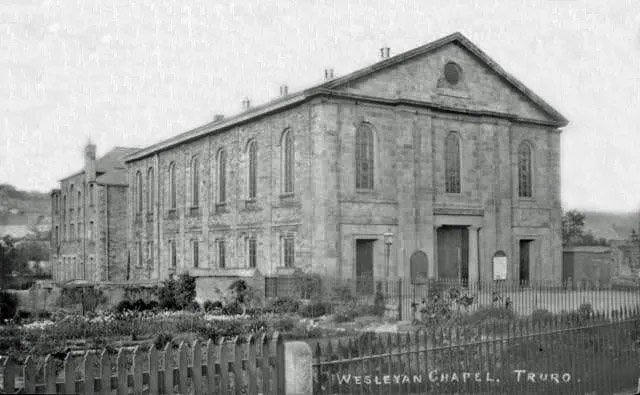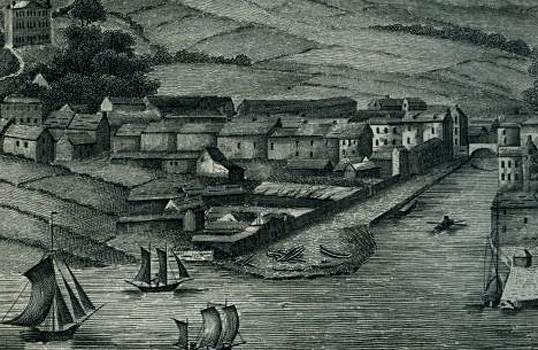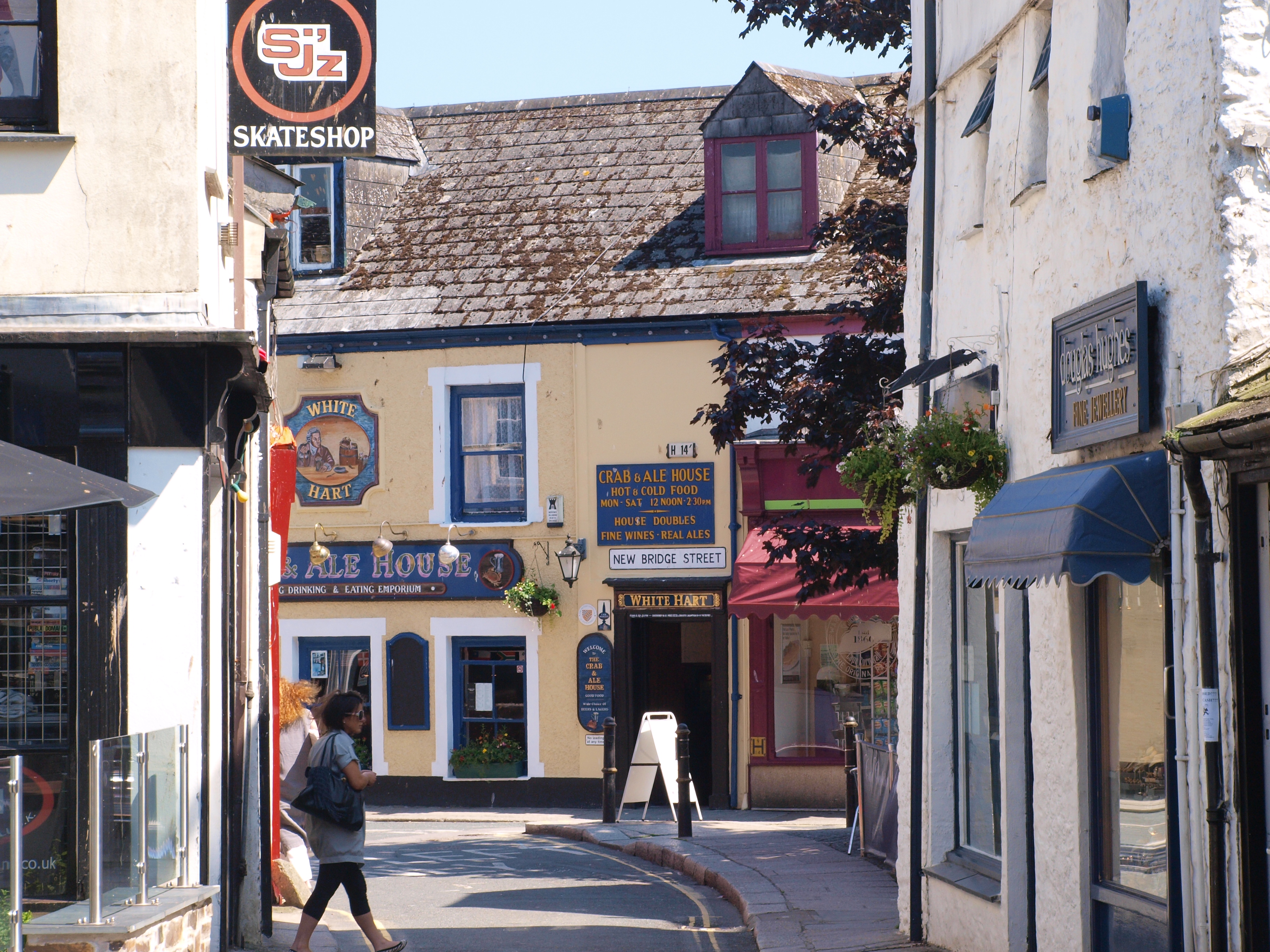Chairman’s Report July 2013
TCS in a dividing society
The economy appears to be picking up – or at least, property prices seem to be rising. The plight of ordinary Cornish people, whose incomes are uncompetitively low, is to be cruelly intensified if this is the case, for their incomes have not improved at all – indeed, they may have worsened, whilst property prices are rising faster in the South East around London – thus unleashing the ogre of homeowners there seeing an opportunity to sell high, buy low and invest the profit. Cornish people must just struggle along with less prospect of reasonable housing. The demand for affordable housing will be, as it has consistently been, shrill, creating the justification for planning committees to allocate land for large schemes that render a small number of homes which, unless they are tied to local-income-related rents, remain beyond the range of those in need. Yet again, we have failed to regulate this situation – false doctrines of the free market eclipsing all efforts to achieve fairness of opportunity. This itself may sound like a doctrinal interpretation of the situation but experience tells me that such is the reality.
I’ve been attending meetings organised by the Baptist Minister, Matt Noble, to share experience and form strategies in relation to welfare reforms. The maximum cap is now due to be initiated, and we will see cases of hardship arise. It does reinforce the notion that we are living in an increasingly divided society, and that raises questions about the extent we stand and fight for our environment, for high standards of design and for conservation. I think that it is all too easy to slip from a banking crisis into social depression – a ‘recession of the mind’, and it is insistence on standards, on conservation or our inheritance and its narratives, on sustaining a balanced and ecologically intelligent environment which will, from the point of view of what we, as a Society can achieve, make the best contribution to heading off such a negative outcome.
Tolgarrick
We now have the Tolgarrick Appeal looming – a further proposal to develop land beyond the city boundary, good quality agri-land on a prominent approach to Truro, a site which threatens to create a precedent for unbridled expansion towards Playing Place – and all driven by large landowners picking up the spoils as, perhaps, the old dog wags its tired tail for the last time (who knows?) – it’s all quite feudal, the assumption of proprietorship over place.
We also have the promoters of the Newham scheme doing the rounds speaking seductively of community farms and newly discovered ideals. Higher Newham is good land, well farmed. It lies adjacent to the AONB and is a prominent aspect of the rural setting of Truro. There is a development at Langarth which, I understand from press releases put out by the supporters of a stadium has been finally granted consent. This is odd because I would have thought I might have picked up an inkling whilst going about my business on behalf of the community!
TEDC
Truro city Council’s Judicial review of the process around the grant of planning consent will be heard on the 25/26th of this month. We must wait to see the outcome. Meanwhile, the House of Commons Public Accounts Select Committee has begun its investigation of the tax affairs of the Duchy of Cornwall. This is likely to include some probing of the financial arrangements between the Duchy and Waitrose in relation to the TEDC project. If, as close partners, the arrangements include preferential rentals, then other such businesses are likely to conclude that the outcome is anti-competitive. It seems just that the third partner in the project, Cornwall Council, should know of arrangements between its other two partners – it may need to judge if it is appropriate to be associated with an agreement which could test the legality of the arrangement to see if it should either try to dissuade them from proceeding on a potentially anti-competitive basis, or whether, if its partners are insistent, it should withdraw. I suspect that ignorance is a less than robust defence! No doubt Mrs Hodge will probe and test the new Duchy Secretary.
‘Finish one job before you start the next!’
With Langarth, Tolgarrick and TEDC, Truro is set to expand far beyond its natural boundaries, and beyond the stop-lines which successive ‘generations’ of planners have assumed to be worthy of respect – and all to promote inequality, institutionalise poverty and hold Cornwall back from fulfilling her real economic and cultural potential in the emerging world – a world in which food and communication are going to be key drivers, and in which the ‘periphery is becoming the new centre’!
In Kenwyn Street we have seen since the last meeting the appearance of a ‘pop-up bar’ on the site of No. 117, which, as you will recall, was the site of the illegally demolished ‘Glass House’, which stood on the site of the former Mutton’s abbatoir. The ensuing Court case resulted in a hefty fine and costs, all of which have been paid, leaving the site with a Conservation Area consent for the replacement of the lost building. The Licensing Committee found that, under the Cumulative Impact Zone policy, there is sufficient provision of licensed premises, and it refused the license application. This has not prevented the owner from obtaining Temporary Event Notices to allow legitimate trade from the site. Such circumstances should not deter the Society from maintaining its pressure to have the new building completed, the street-scene of the western town centre restored, and developers guided towards completing one project before embarking on another, or not completing what has been given consent.
A similar situation exists at 15/16 St Clement Street. Also, Persimmon are pursuing consent for Tolgarrick whilst the Company is still engaged in completing works and snagging at Treffry Road. A smaller example is at Alverton Gardens where SWEB applied for consent to develop a dwelling on the site of a sub-station. Consent was granted but nothing has happened – at least until recently when a wooden post and rail fence appeared together with some hawthorn bushes!
Royal Cornwall Infirmary
Good news! I went to have a look around the Royal Cornwall Infirmary at the invitation of the developer. I can report that it has been extremely well refurbished, the apartments are well proportioned, light and airy; the grounds will be a positive contribution to the garden of Truro and there is an excellent sculpture, commissioned by the developer, which seems to me to be a celebration of fresh air! We met to discuss arrangements for completing the footpath, and discussions are in hand on this.
Hilary Bracegirdle – Chief Executive at Royal Institution of Cornwall
We must record appreciation for the work at the Royal Institution of Cornwall of Hilary Bracegirdle, who has resigned. Her seven years with the Museum have seen many changes, not least the new Ancient Civilisations gallery and the deep-clean and re-presentation of the main Cornish gallery. Current public sector frugalities mean that life in museums is very difficult. Hilary has steered the Museum with great skill and perhaps her greatest legacy is that it is not in debt – it is not rich but she has begun to create an endowment which, as time passes, if the Museum retains and enhances its high quality and strong patronage, will go a long way towards making it self-sufficient – at least, that’s the theory!
St Paul’s Church
The problem of St Paul’s Church remains intransigent. I have heard about an idea for the church to be used as a workshop for large-scale musical ensembles, of which Truro has more than its fair share – orchestras, choirs – but finding the money may prove challenging. There is no doubt that such a facility would be useful and well-used, but is there anybody, or any group, willing to take on the challenge?
BB
This article was kindly sponsored by:








